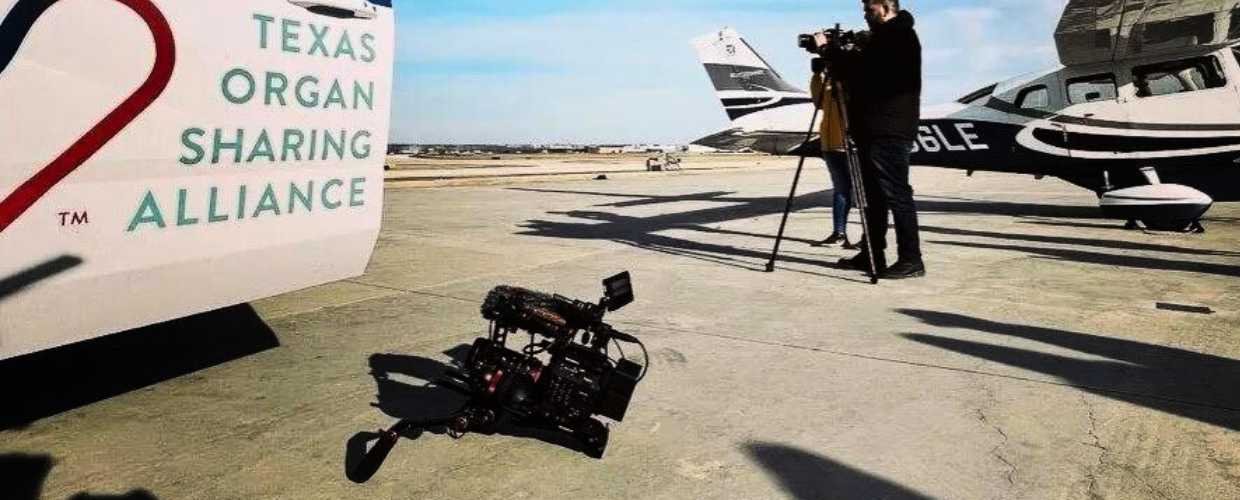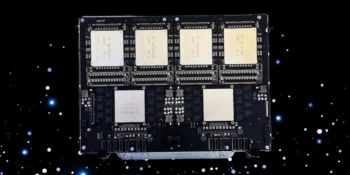A light, single-engine piston Cessna drone has successfully transported a kidney, liver, pancreas, blood, and tissue from Texas Tech University’s Reese Technology Center in Lubbock to Oklahoma City, covering 350 miles.
It’s incredible how innovative technology is helping to save more lives. A recent experiment used a drone to transport organs within Texas and Oklahoma, which cut travel time by more than half. It is a massive accomplishment for a consortium to utilize this technology soon. The drone is a light, single-engine piston Cessna currently in the experimental phase. It can move up to 400 lbs of freight, including donated organs. During the Nov. 15 test, the drone transported a kidney, liver, pancreas, blood, and tissue. It was launched from Texas Tech University’s Reese Technology Center in Lubbock and flew 350 miles to Oklahoma City. In the second leg of the test, the drone traveled 471 miles to the San Antonio International Airport before returning to the Reese Technology Center. The flight was operated from Dallas using robotic technology, which marked the first time donated organs were transported that far by a drone. A pilot was on board as a precaution to ensure safety and security, although the plane was flown entirely by technology, following Federal Aviation Administration (FAA) regulations.
“I haven’t been privy to anything that went wrong. We were tracking the flight. We did notice slight delays depending on wind changes,” said Clara Guerrero, director of communications for the Texas Organ Sharing Alliance. “The only variants I saw is that we were maybe 10 minutes off schedule.” She added, “You’re saving hours. What that also means is the organ is more viable.” “That person, they don’t have to wait so long for the organ to arrive. We’re saving lives faster and sooner.”
The consortium, which aims to use drone technology to transport organs, seeks Federal Aviation Administration (FAA) approval. The consortium hopes to demonstrate how drone technology can eliminate some of the restrictions on flight paths between cities. Once the FAA approves, the consortium plans to use aerial organ transportation to deliver organs across rural areas of South Texas, including Edinburg, McAllen, and Brownsville. This innovative approach to organ transportation has the potential to save more lives and improve the efficiency of organ deliveries.
Read Also: The drone became a Game Changer in the War Fields!












